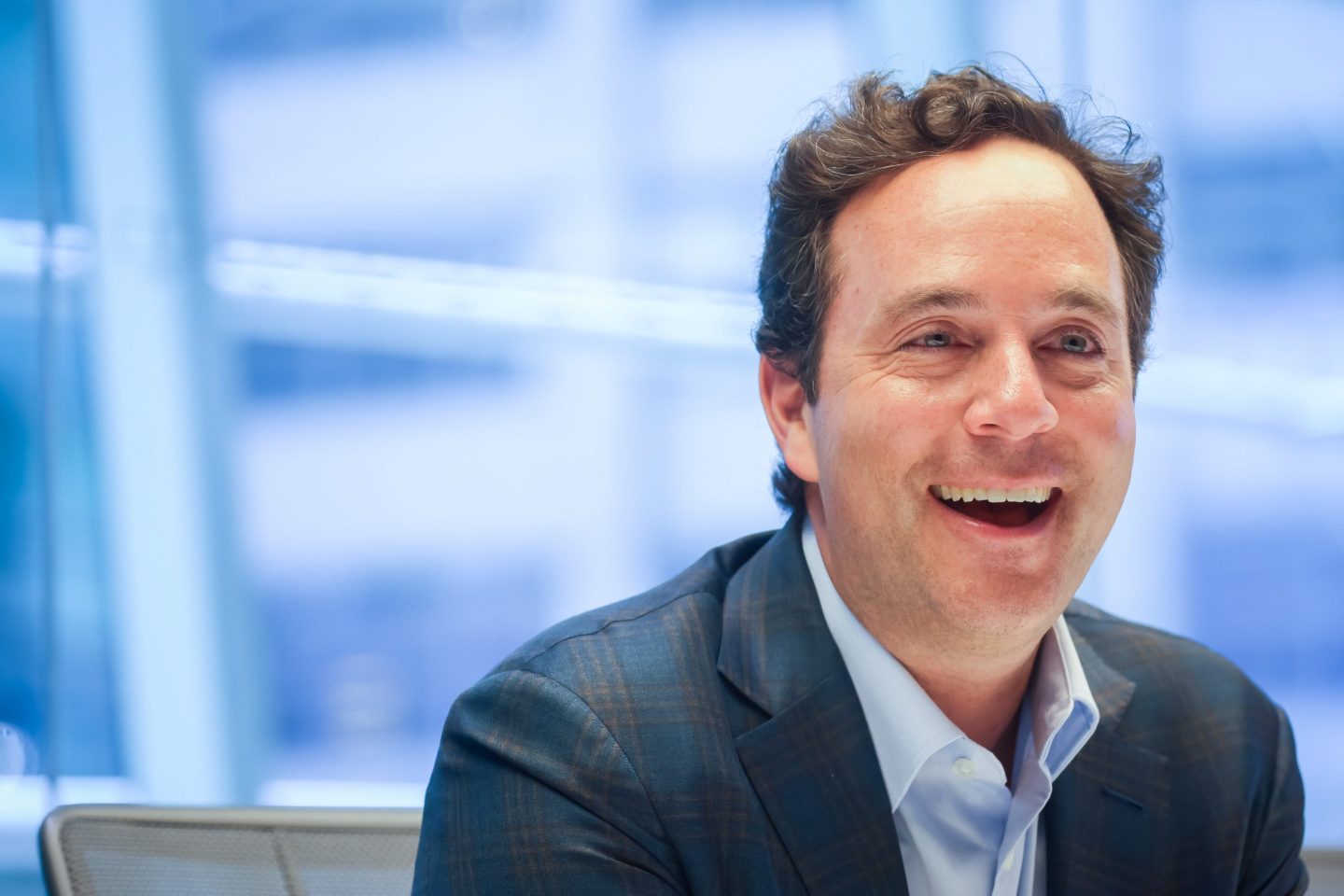AI fluency is becoming a baseline expectation across industries and is even boosting salaries for some job seekers with experience in the tech. It’s also become a tool for business leaders like Emma Grede to future-proof her career.
“We have no choice but to AI-proof our careers,” the Skims founding partner told senior markets reporter Madison Mills at Axios’ annual dealmaking summit BFD on Wednesday.
Grede added that she commits time once every six weeks, which she calls “AI day,” to “just sit and learn” about the tech.
“I am encouraging every single—specifically women—in my organization to do exactly the same,” Grede said. “We don’t have a choice anymore. It’s like do or die.”
Grede, also the chief product officer of Skims, helped launch the brand in 2019 alongside Kim Kardashian and her husband, Jens Grede. Earlier this month, the shapewear company raised $225 million at a $5 billion valuation in a funding round led by Goldman Sachs Alternatives.
The British-born entrepreneur, who has an estimated net worth of $405 million and was recognized by Forbes as one of America’s richest self-made women for the fourth year in a row, has talked at length about the importance of human connection in dealmaking, business and getting herself ahead.
But Grede told Fortune in August that fellow Shark Tank star Mark Cuban pushed her to come to grips with the tech when the two sat down to film an episode of her hit podcast show Aspire and compared their AI usage.
“I was already kind of getting there, but if I’m really honest, that episode where we really delved into AI gave me a new urgency around how I use AI,” she said, adding that Cuban had 60 AI apps on his phone. “Yeah, he gave me a kick.”
Right after wrapping, she said that she started looking into AI courses at the Wharton School and Harvard for the fall. “I need to figure this out, because I’m using AI like a 42-year-old woman,” Grede said.
Still, scheduling time to learn about AI “feels against the very ethos of what feels right,” Grede told Axios on Wednesday, adding that she craves real conversation and connection with a human being. But she conceded the education will help in the long-run.
“We have to future-proof our organizations and ourselves,” Grede said.
Demand for talent
Grede also told Fortune in August that she offered her staff a cash bonus for using AI long before Cuban’s wake up call.
“About two years ago I put a note out in my office giving a cash bonus to anyone that uses AI in their work,” she said, adding that the incentive was a big hit—especially with the marketing and finance teams.
She likened the new skill to the coding wave, which peaked in the mid-2010s and saw public campaigns encourage students and professionals to learn coding fundamentals.
A July report by labor market intelligence firm Lightcast found non-tech roles that require AI skills are soaring in value and job postings for the roles are offering 28% higher salaries—a pay premium of nearly $18,000 more per year.
Almost three in four CEOs worldwide say competition for AI talent could constrain their future prosperity, and 77% say workforce readiness and upskilling will have a major impact on their business in the next three years, according to KMPG’s CEO Outlook 2025 published in October.
More than 70% are retraining high-potential employees in AI, the report said.












